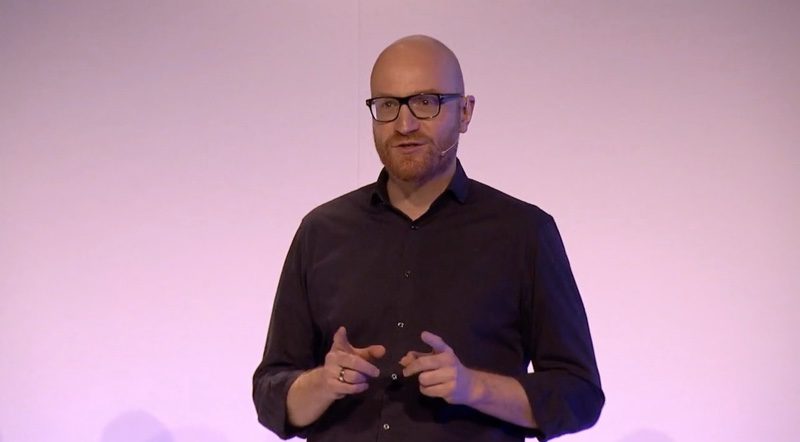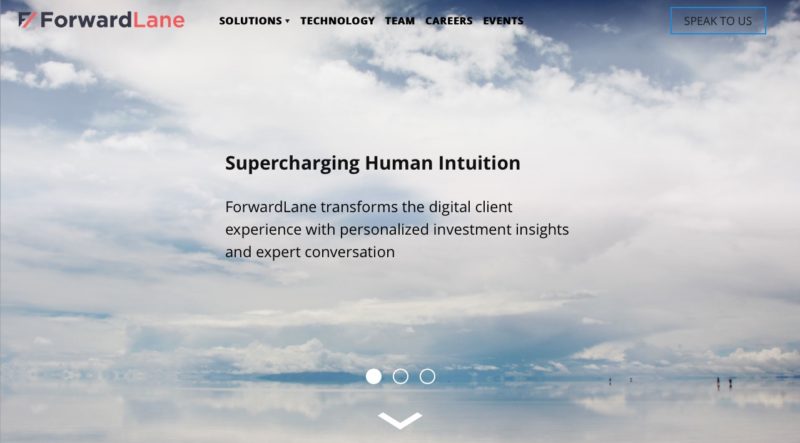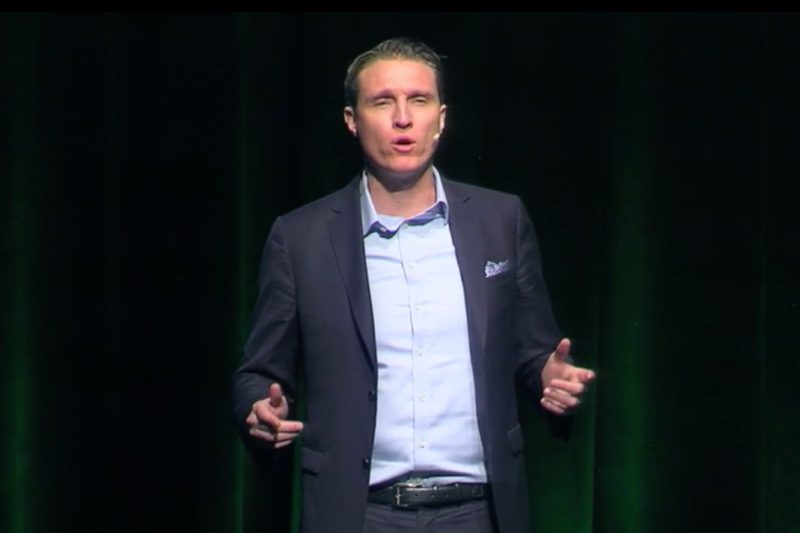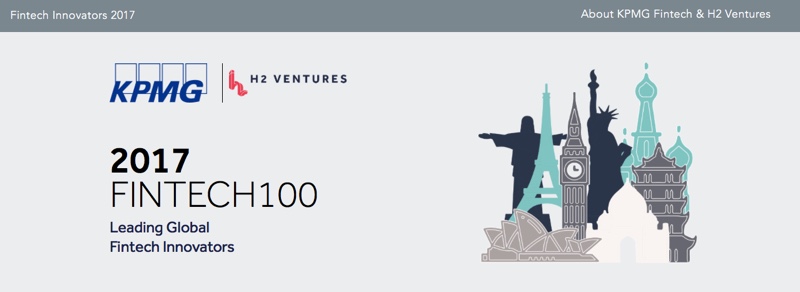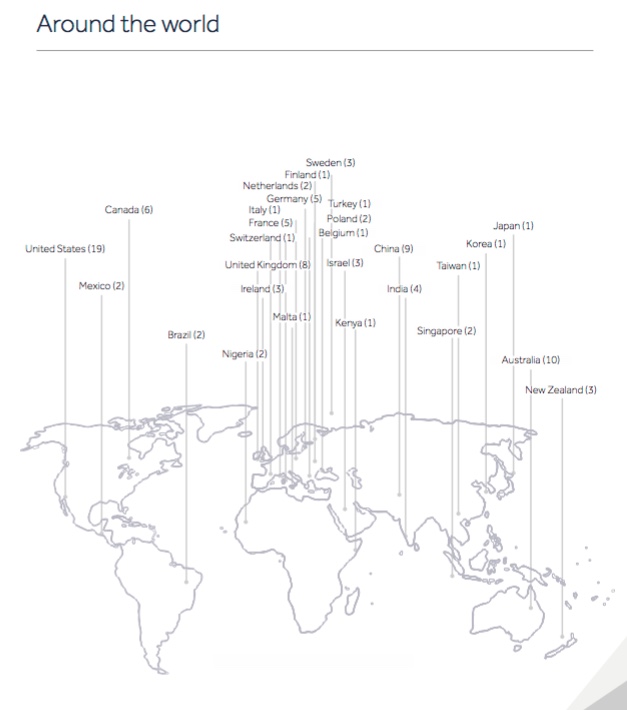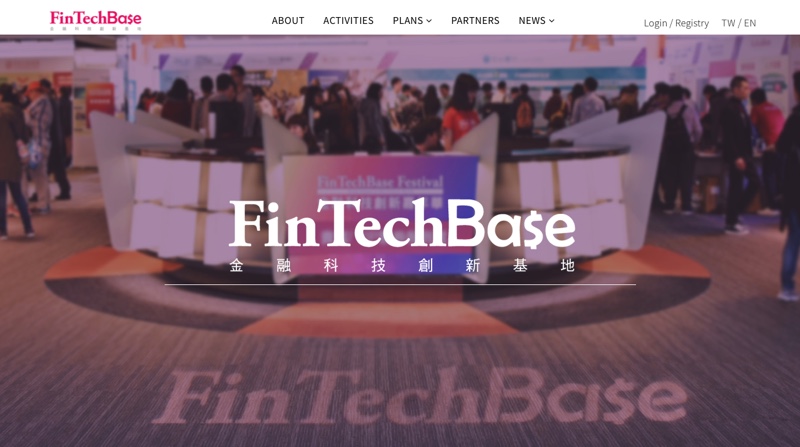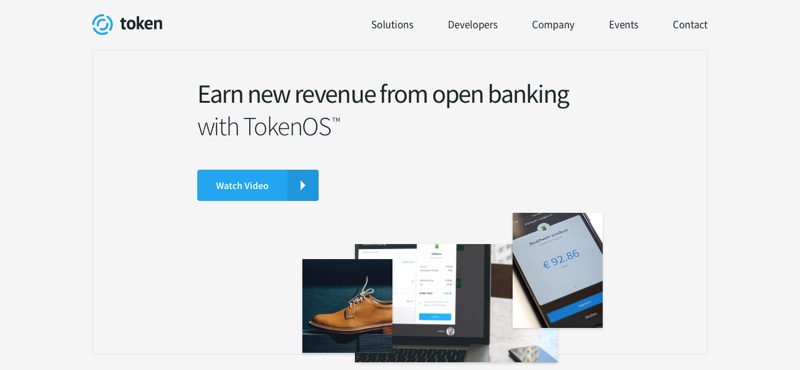France’s latest mobile-only bank, Orange Bank, has gone live on Backbase’s Omnichannel Banking Platform, reports Antony Peyton of Banking Technology (Finovate’s sister publication).
Backbase said Orange is the only French bank to offer for free a service that provides real-time balances, mobile payments, and a virtual adviser that is available 24 hours a day, seven days a week.
Orange Bank was finally launched on 2 November after considerable delays.
Backbase CEO Jouk Pleiter demonstrating Your Everyday Bank at FinovateEurope 2017.
As Banking Technology reported in January 2016, Orange outlined its plans for a new bank. In April 2016, Orange made a significant stride in its mobile banking ambitions by acquiring a majority stake in financial services firm Groupama. At present, Orange owns 65% of the capital of Orange Bank and Groupama 35%.
However, there was a hitch in June, when Orange put the brakes on its plans after finding the proposition didn’t quite meet the standards.
In October, the drama appeared to be over as a spokesman for Orange said “the commercial launch will take place on 2 November,” confirming an earlier report by French newspaper La Tribune. They weren’t lying as it went live on that date.
In terms of the new bank, customers can subscribe directly from the mobile application, online, or in one of Orange’s 140 certified stores.
Naturally, Orange is looking to attract its 30 million customers in France to its new bank. In fact, it is present in 29 countries, and according to the group has a customer base of 263 million customers worldwide as of 31 December 2016, including 202 million mobile customers and 18 million fixed broadband customers.
Earlier this month, Orange Bank said it was getting its mobile payment and banking services underpinned by Wirecard.
The paytech vendor said it is providing “all the technical components integrated into the Orange Bank platform to manage their mobile payments”.
Backbase was founded in 2003 and is headquartered in Amsterdam, The Netherlands. The company won a Best of Show award for its demo of Your Everyday Bank at FinovateEurope 2017, which showed how banks can leverage big data and artificial intelligence to create “next-generation customer journeys”. Earlier this year, Backbase partnered with fellow Finovate alum eWise, combining Backbase’s Open Banking Marketplace with eWise’s account aggregation technology.
Named to the European Fintech 100 and noted as a leader in digital banking solutions by Forrester, Backbase announced a partnership with Norway’s SSF Bank in June and a deal to power digital banking for Zensar Technologies in May. Jouk Pleiter is co-founder and CEO.

